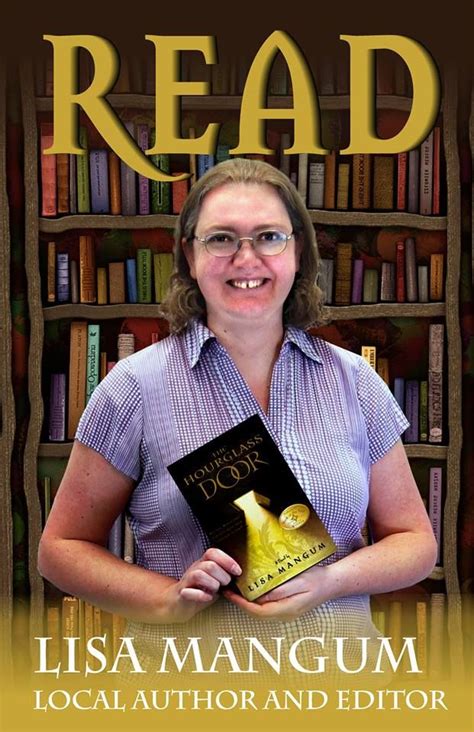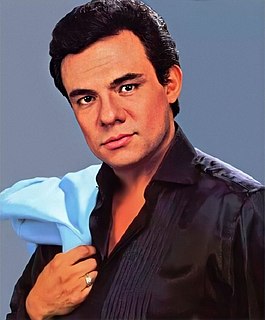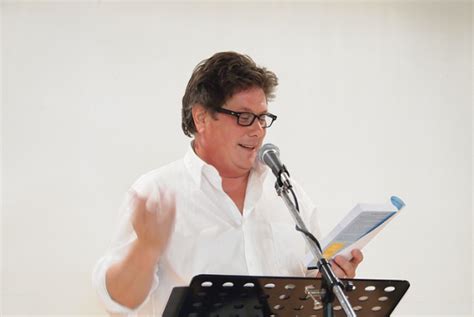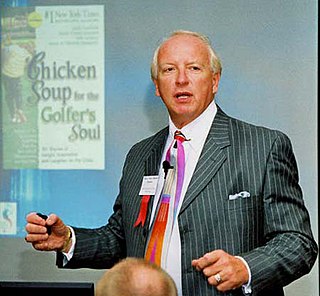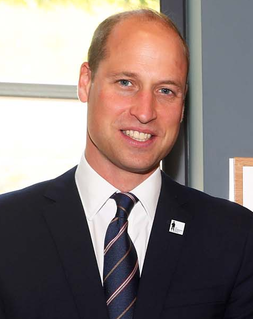A Quote by Lisa Mangum
Your future is your own again. And I consider that to be a happy ending to the story.
Quote Topics
Related Quotes
The story, I like to say and remember, is always smarter than you—there will be patterns of theme, image, and idea that are much savvier and more complex than what you could come up with on your own. Find them with your marking pens as they emerge in your drafts. Become a student of your work in progress. Look for what your material is telling you about your material. Every aspect of a story has its own story.
We're vulnerable to repeating history, especially if we don't know what's driving us. For example, it may be a family tradition to marry someone with addiction problems, or who is an injured bird in need of caretaking. Or, you may be drawn to guys who remind you of your distant, unavailable father -- or your ill-tempered mother -- with the unconscious belief that you can take an old story, and through the power of your love, give it a new, happy ending.
At some point, you realize you can't provide a perfectly monolithic description of a foreign culture's future any more than you can provide a monolithic description of your own hometown's future. Your choices about what to emphasize and what to leave out make all the difference, and ultimately, your fingerprints and biases and viewpoints are going to be all over the story.
The best time to tell your story is when you have to tell your story. When it's not really a choice. But then, when you get that first, messy, complicated version down, you have to read it over and be very tough on yourself and ask, 'Well what's the story here?' If you're lucky enough to have someone you trust looking over your shoulder, he or she can help you if [you] lack perspective on your own story.
